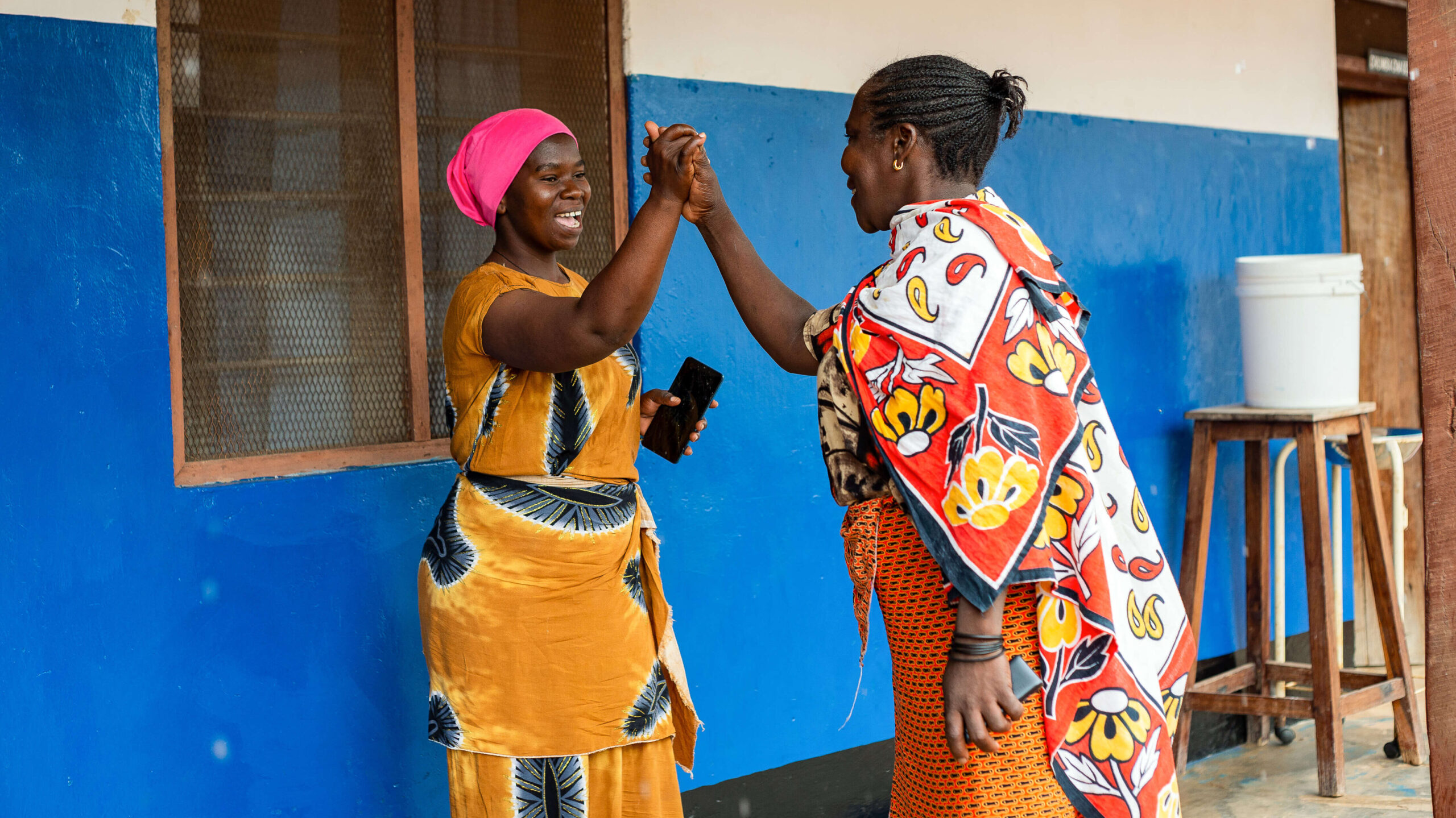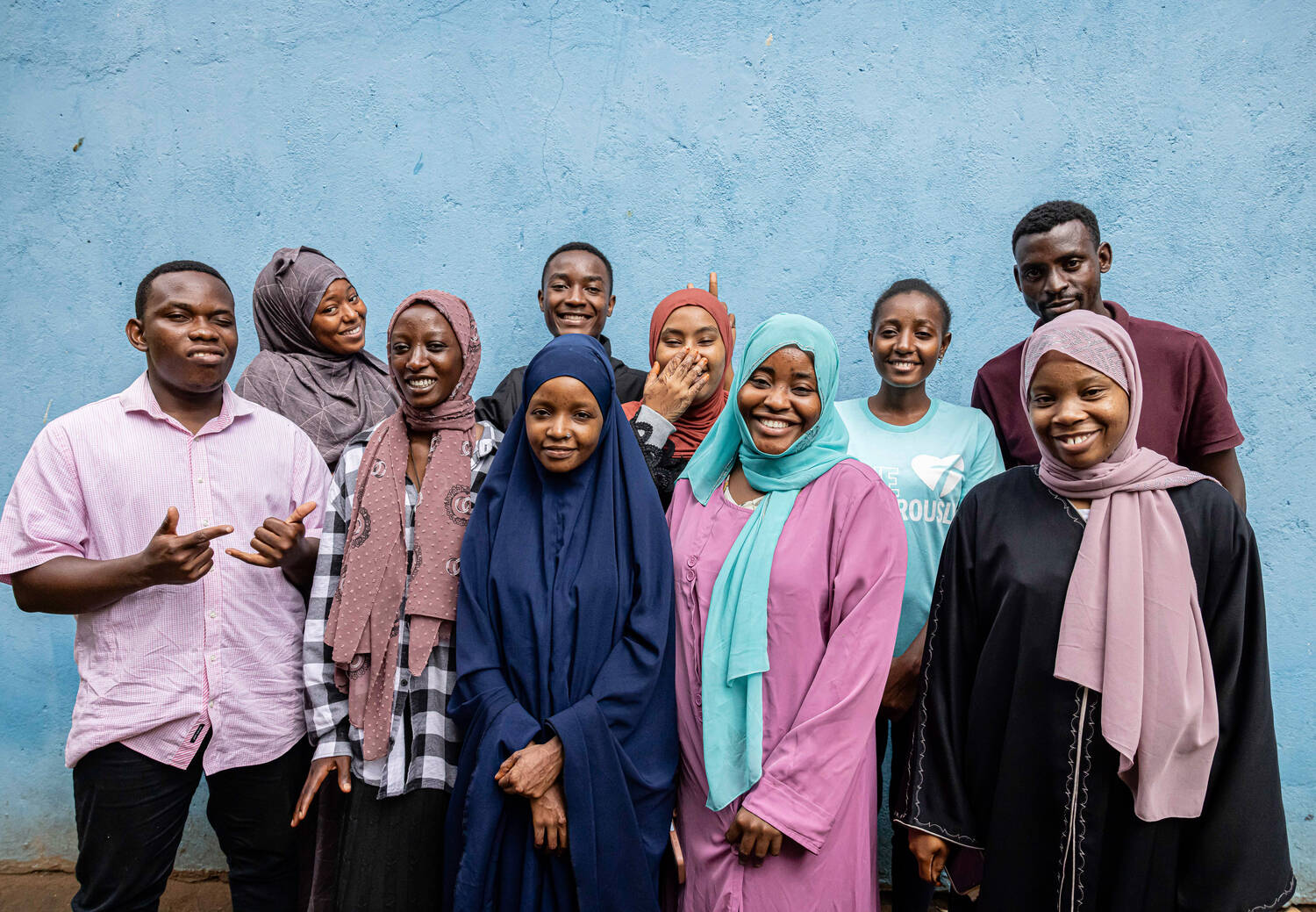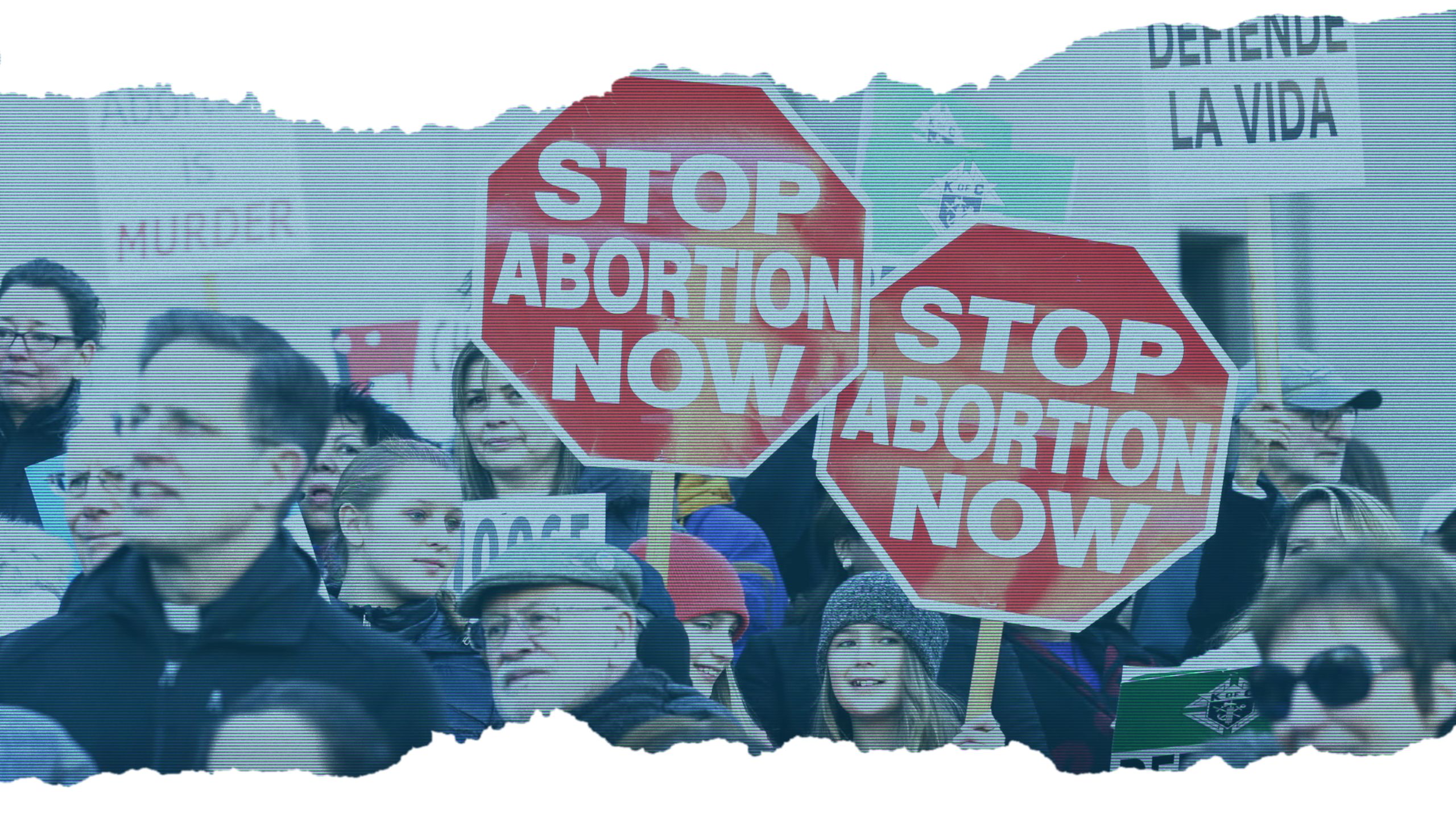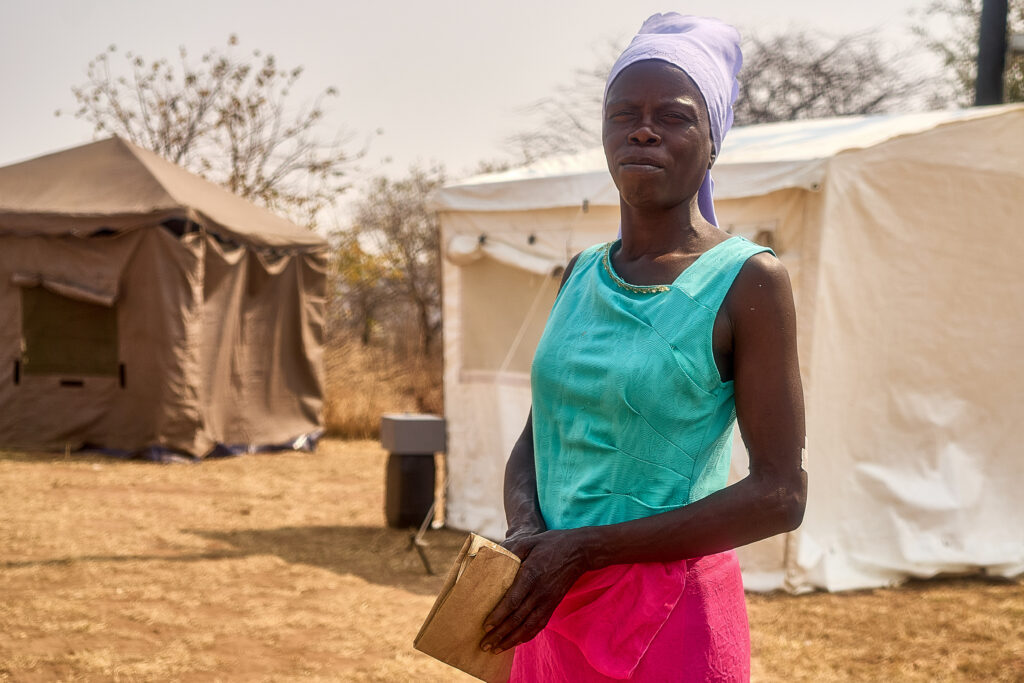
Beth Schlachter, MSI’s Senior Director of U.S. External Relations, shares how the global development community can be resilient during Trump’s administration.
This has also been published on Devex.
Donald Trump intends to sign “100 executive orders” shortly after taking office on Jan. 20 — one of which is expected to be the Global Gag Rule. Reinstated by every Republican U.S. president since Ronald Reagan, this policy states that no organisation can receive U.S. foreign assistance if they provide abortion services or information, advocate for abortion, or refer someone to abortion care.
Trump’s signature on the Global Gag Rule has the potential to be a death warrant for many women. Contrary to its stated intent of “protecting life,” organisations like MSI have documented that it does the opposite. When women and girls are denied fundamental reproductive health services, unintended pregnancies, unsafe abortions, and maternal deaths increase.
As the largest global funder of development assistance, the U.S. government is uniquely positioned to curtail abortion access, dangling ongoing global health funding to enforce anti-abortion restrictions.
Many organisations that rely on U.S. funding for global health programmes including fighting HIV, malaria, and tuberculosis will have no choice but to sign it. Worse still, Project 2025, a plan developed by a U.S. think tank to guide a future Republican administration in implementing conservative policies, proposes expanding the gag rule to U.S.-based NGOs for the first time and to all foreign assistance, not just global health. The harm to women and girls will be greater and the long-term outcomes more devastating.
Make no mistake, this policy aims to gag and unravel the pro-choice movement across the globe — but it will not succeed.
We’ve been through this before and there are things we can all do to adapt, mitigate harm, build our movement, and stay resilient.
1. Not signing the gag rule? Be bolder than ever
MSI Reproductive Choices will not sign the gag rule and stands to lose $14 million in funding. A few other organisations that can operate without U.S. funding will do the same. And our silenced peers will be counting on us to be bolder and braver in our abortion advocacy.
The global health environment is changing rapidly and it’s no longer tenable for non-governmental organisations that provide reproductive healthcare to stay on the sidelines and not actively advocate for the full range of services. We must amplify the voices of clients, communities, and providers, and use our data to document case studies and evidence. This will be especially important to counter the increasing disinformation on social media platforms such as X.
With potentially more organisations gagged than ever before, those who can speak out must boldly insist that abortion is healthcare and unapologetically advocate for abortion.
2. Signing the gag rule? Don’t overimplement it
Complex and poorly communicated, the gag rule is routinely over-implemented. With funding on the line, NGOs are often scared to work with those who provide or advocate for abortion, creating a chilling effect across the entire sector.
Historically, the gag rule allows abortion care if a woman’s life is in danger or the pregnancy resulted from rape, but because this has never been well communicated or understood, it’s rarely used. Women who could have received care did not.
We’ve also witnessed the unnecessary removal of contraceptive products. Last time, we saw an NGO calling back products that had previously been purchased with U.S. funds but were now the property of a West African Ministry of Health. This was a complete overreach of the policy.
To mitigate this sort of panic and chaos, we must educate ourselves and each other so we don’t unintentionally give the policy more power. Seek guidance outside of your organisation and continue to partner widely. Organisations including MSI, PAI, Ipas, International Planned Parenthood Federation, and the Guttmacher Institute will be providing resources and information so we can minimise the impacts of Trump’s gag rule together.
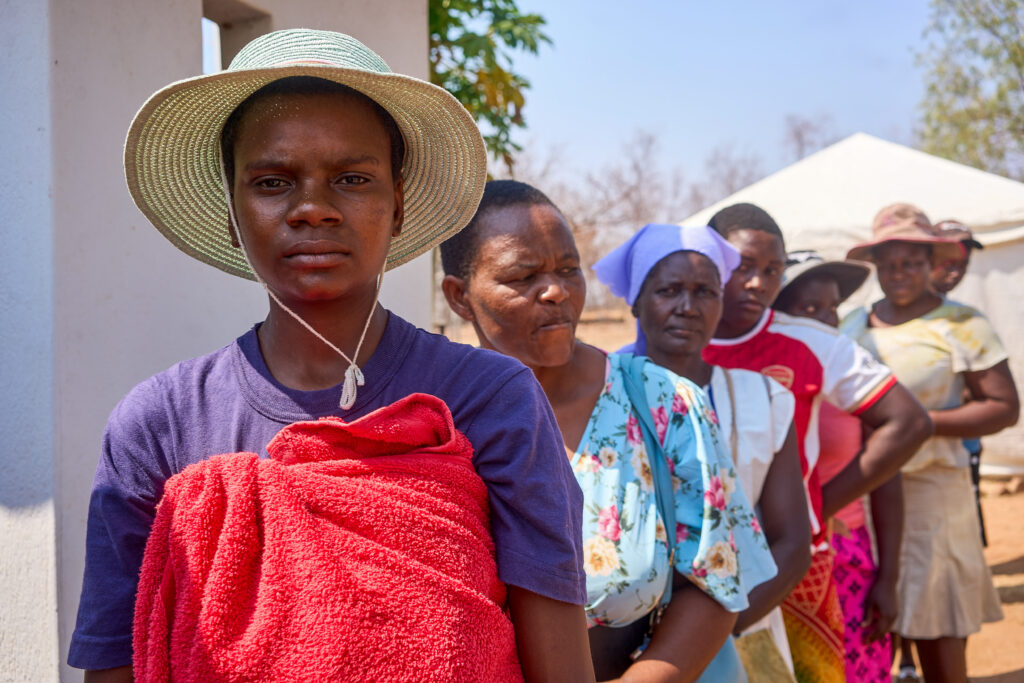
3. Build a stronger pro-choice ecosystem
2024 was the biggest election year in history, reorienting the global political landscape. With the U.S. government set to lead the way, we’re facing an erosion of human and reproductive rights that could be entrenched well beyond Trump’s term. Globally, anti-rights groups are feeling invigorated and being fuelled with more resources than ever.
The greatest threat we face is allowing abortion to be pushed out of the conversation altogether.
We can counter this with a strong, progressive, and firmly pro-choice eco-system, so diverse and abundant that nothing could ever silence us. It will require us to lean into partnerships and build solidarity: this is where our power lies. The movement has grown in recent years as more people – especially young people – insist on high-quality locally provided sexual and reproductive healthcare, and it’s crucial to keep the momentum.
There will be spaces and decision-making tables that no longer include us. We must convene regardless and ensure our data, evidence, and voices continue to be heard. Last time, more diverse partners started advocating for abortion like HIV organisations, grassroots groups, and policymakers, and we must continue to build these partnerships. Our diversity has always been our strength.
4. Diversify funding
Diversity isn’t just important in programmes and advocacy – having a broad network of donors is critical. If we can learn anything from the gag rule’s damaging cycles, it’s the need to end dependency on U.S. foreign assistance.
At MSI, we’re focused on diversifying our funding base, both by bringing in more philanthropic investors through articulating the positive ripple effect of reproductive choice and by generating our own income. Rallying new supporters and broadening the pool of donors means we can better withstand funding shocks and regressive anti-rights efforts.
With many NGOs and U.N. entities expected to be defunded by Trump’s administration, and other donors shifting priorities to plug gaps across development sectors, now is the time to seek new support from every channel. We must never again be forced to deprive people of the healthcare they depend on at the political whim of the U.S. government.
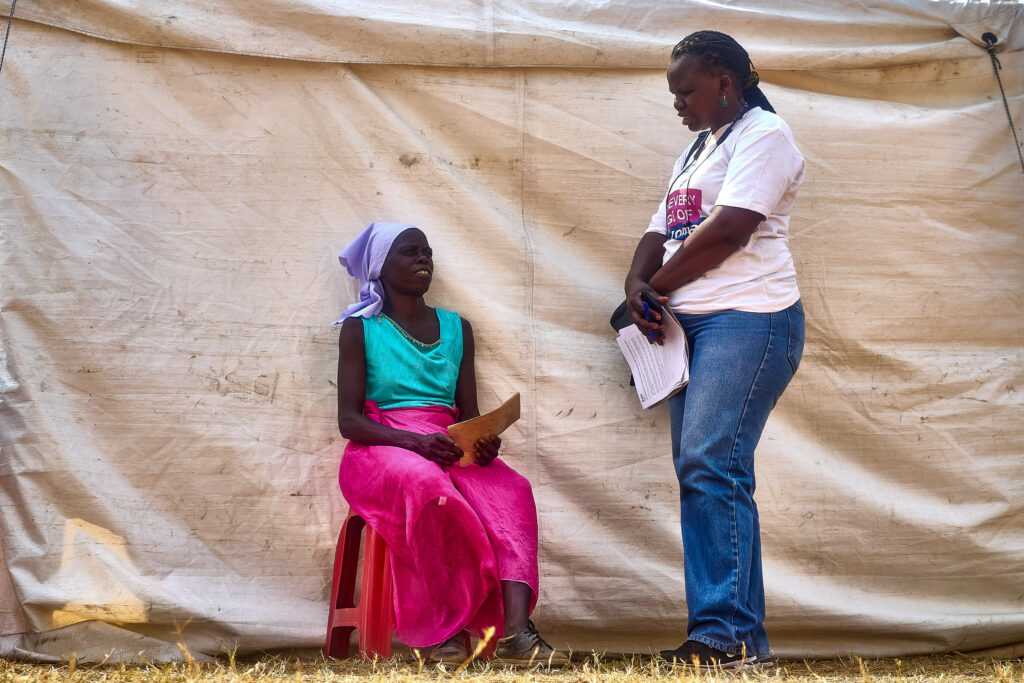
5. Invest in local advocacy
Shifting power and bolstering local advocacy is imperative. In times like these, civil society and local activist spaces can still flourish. By sharing evidence and resources with local groups, we can push back against over-reliance on the U.S. government and the gag rule’s attack on reproductive rights.
We see huge progress when people can work within their own governments and systems to make the case for progressive policies and national ownership of sexual and reproductive healthcare.
As Jan. 20 approaches, we’re about to be hit with a wave of change that will cause devastating and long-term harm. But we can be prepared with a plan that protects access to abortion and reproductive healthcare wherever possible. We can build an unshakeable resilience and sustain progress in the coming years. We can be ready for this moment together.






